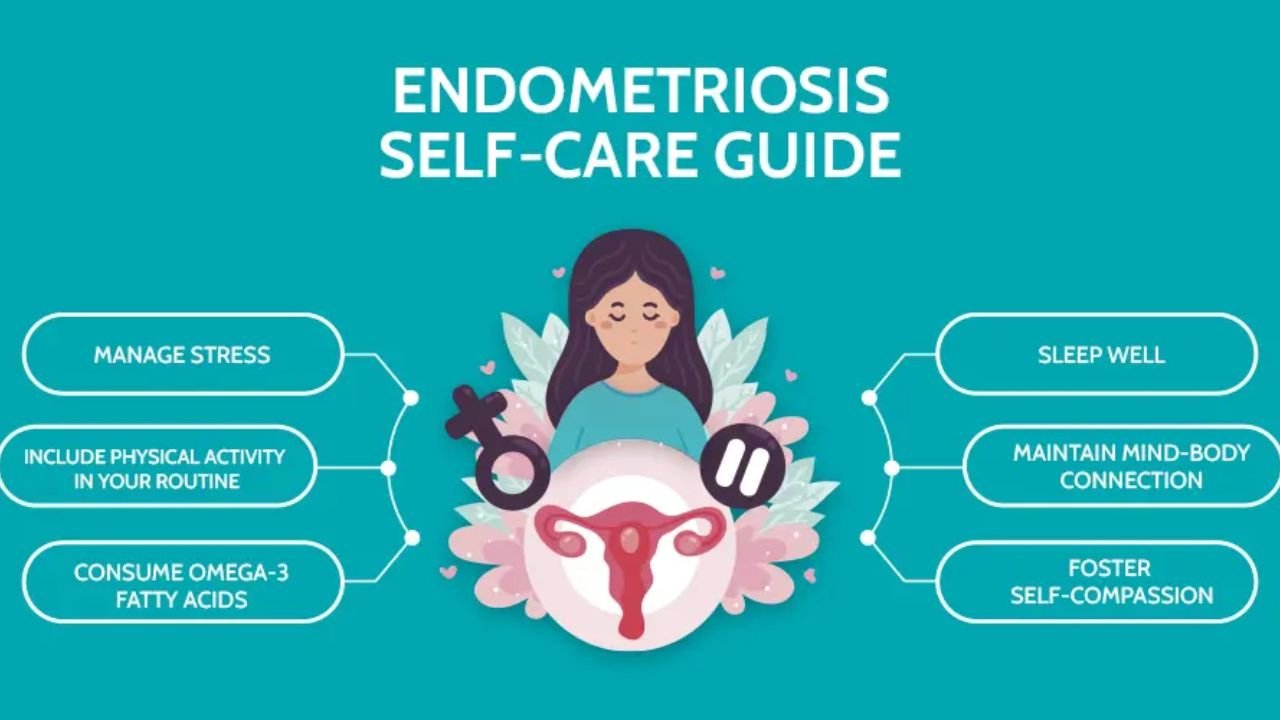Endometriosis is a disease that women have in which they develop endometrial tissue but somehow this persists abnormally but is present outside the area of the uterus. Various kinds of health challenges such as pain in the pelvis area and abnormal periods and the inability to conceive could emerge due to the same. A number of questions concerning endometriosis are the ones that arise among the patients.
What are Signs and Symptoms?
In most patients, endometriosis is expressed by pelvic pain during the menstrual period as its main symptom. The severity of painful symptoms in endometriosis does not dictate the extent at which a patient is availed to the disease. Various women have endometriosis with a different level of symptoms that are absent or severe and disabling. Others include dyspareunia together with rectal or urinary pain and menstrual cycles that are heavy and irregular.
What Are the Diagnosis Methods?
The complexity of a proper diagnostics of endometriosis lies in the features of its symptoms corresponding to other medical conditions. The providers begin by assessing your health record thus they proceed to give you a physical test. The cysts caused by endometriosis will be visualized in medical images acquired by such methods as ultrasound or magnetic resonance imaging. The diagnostic approach involves use of laparoscopy where the existence of endometrial tissues is revealed by a pelvic camera.
What are the Treatment Choices?
The medical management of this ailment involves checks of the severity of the symptoms of a patient in conjunction with their examinations and reproductive need. These pain treatment drugs of endometriosis consist of ibuprofen as well as naproxen. Hormonal treatment will not only reduce the number of menstrual periods, but will also maximize the management of the symptoms. Treatment of endometriosis entails use of combined oral pills containing progestin, as well as use of hormone releasing IUDs as an intervention method. In case of the persistent worsening of the symptoms or emergence of new complications, medical removal of the endometrial tissue is required. The medical professionals may choose hysterectomy when the symptoms get too bad to ensure that the uterus is fully removed. Simple changes in the lifestyle of patients in terms of diet routine, change in exercise regime and stress management helps to streamline the simple symptoms of this condition.
Does It Have any Impact on Fertility?
The occurrence of endometriosis demands medical attention because it leads to alteration of body anatomy that limits chances of getting pregnant. Constant pelvic inflammation has been discussed as a consequence of environmental changes after inflammation becomes higher in the pelvic area, which causes fewer sperms and eggs to become fertile. Some women when affected by this disorder do not lose the chance of getting pregnant. A physician will suggest prognosis to patients displaying specific fertility problems. The set of procedures such as in vitro fertilization (IVF) and surgical operation operate to improve the fertility possibilities.
What are its effects on Pregnancy?
The condition increases chances of pregnant women to experience pregnancy complications. The effects of pregnancy among women have been declared as early labor coupled with incidences of ectopic location of pregnancy outside the uterine cavity and miscarriage. The female patients should guess and manage their symptoms in medical conditions during the course of pregnancy. The women in pregnancy are advised to access specialist care so as to acquire favorable maternal and fetal outcomes and have favorable attention on their issues.
What do I do, when I suspect that I have endometriosis?
Always consult a health professional when you get such symptoms. The healthcare professional will analyze your symptoms in order to give you the right diagnosis after which they will offer you the relevant treatment options. When the affected person seeks medical diagnosis with proper treatment immediately, it will reduce possible health harms that this condition might leave.
Pregnant women that require medical care are expected to visit healthcare specialist.
Snuffer patients with endometriosis should turn to the correct knowledge of existing methods of treatment. The patients will be able to make better health choices in terms of pregnancy in addition to the conservation of fertility as a result of proper diagnosis. The consultation of a specialist within the context of strategic planning will offer the necessary information about your condition.



